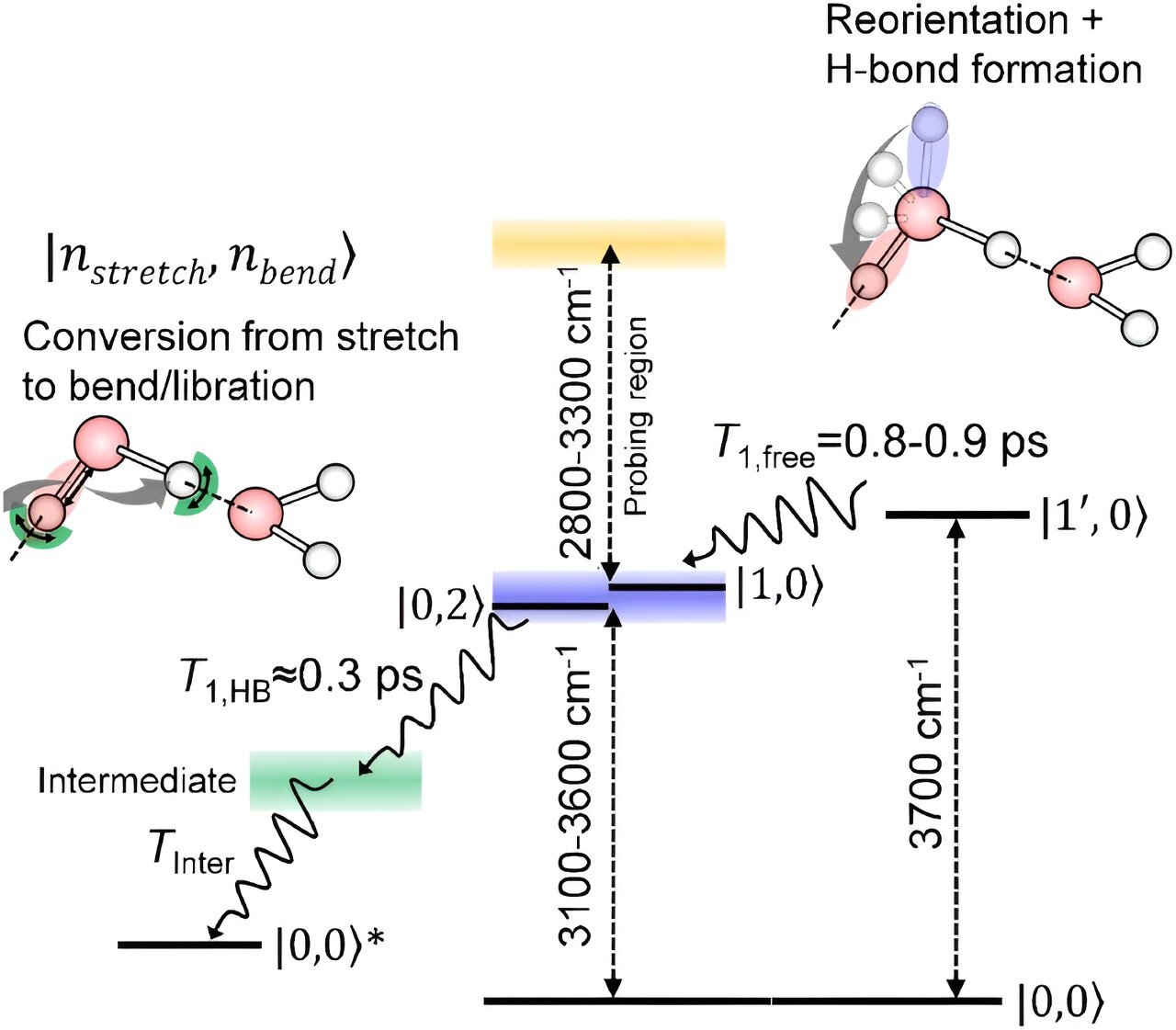A study marking the 70th anniversary of Sir Roger Bannister’s sub-four-minute mile shows that the first 200 runners to achieve this milestone live nearly five years longer than average, underscoring the long-term health benefits of aerobic fitness.
A new study released to commemorate the 70th anniversary of Sir Roger Bannister’s sub-four-minute mile record has revealed that the first 200 runners who achieved this milestone share another remarkable trait.
The research conducted by teams in Australia and Canada revealed that 200 elite runners on average, lived almost five years longer than the general population.

Professor Mark Haykowsky, the Research Chair in Aging and Quality of Life in the Faculty of Nursing at the University of Alberta, says the findings published in the British Journal of Sports Medicine demonstrate the vital importance of aerobic fitness.
Professor Haykowsky says: “Breaking the four-minute mile was an extraordinary achievement 70 years ago and revealed just what the human body can achieve. It set off a wave of runners following in Sir Roger’s mighty footsteps.
“Remarkably we found that like Sir Roger, who lived to the ripe old age of 88, most of the first runners also lived well into their 70s, 80s and a majority are alive and healthy today.”
Health and Longevity
The multi-national team tracked down the health records of the first 200 people to complete the sub-four-minute mile. This included runners from the UK, Australia, France, New Zealand, and the United States who were born between 1928 to 1955. All 200 runners were men, and a majority were still alive.
Professor Andre La Gerche, a world-renowned sports cardiologist who heads the HEART Laboratory supported by St Vincent’s Institute of Medical Research and the Victor Chang Cardiac Research Institute in Australia, says: “Our study set out to see how exercise affected elite athletes over the long term. We know that elite athletes have bigger hearts due to their sustained aerobic output and there was some belief that this could affect their health and longevity, but we found the opposite.
“Five years of extra life compared to average is very significant, especially when we found that many of these runners not only enjoyed long lives but were also healthy too.
“Not everyone needs to be able to run a sub-four-minute mile to enjoy good health long into old age, but they need to exercise regularly and push themselves aerobically.”
The world record for the mile now stands at 3.43 and is held by Hicham El Guerrouj of Morocco. Ollie Hoare is the fastest Australian (3.47.48) and Kevin Sullivan holds the Canadian record (3.50.26) both of which were set at the Bislett Games in Oslo, Norway. No female runner has yet broken the four-minute barrier. The women’s world record is currently at 4:07.64, set by Faith Kipyegon of Kenya in 2023.
Reference: “Outrunning the grim reaper: longevity of the first 200 sub-4 min mile male runners” by Stephen Foulkes, Dean Hewitt, Rachel Skow, Douglas Dover, Padma Kaul, André La Gerche and Mark Haykowsky, 10 May 2024, British Journal of Sports Medicine.
DOI: 10.1136/bjsports-2024-108386










